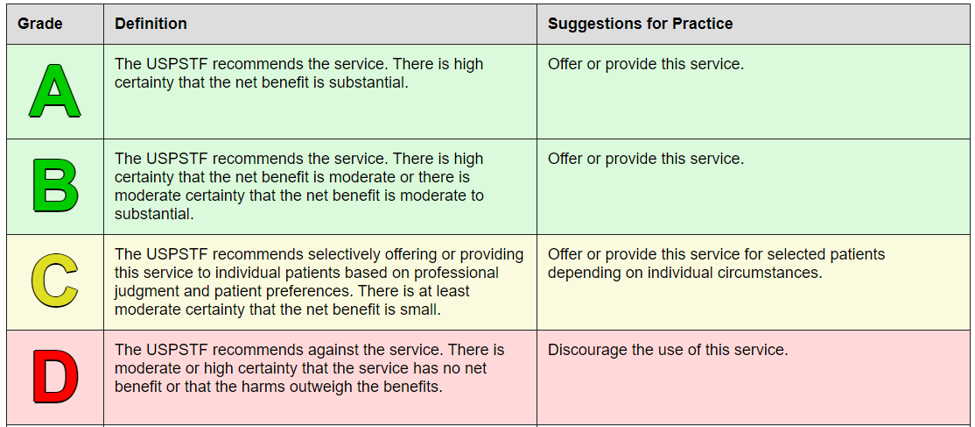
The Patient Protection and Affordable Care Act (ACA) incorporated value-based insurance design principles in Sections 2713 and 4105 to prioritize both quality and cost efficiency of care. An estimated 152 million Americans have expanded coverage due to the inclusion of V-BID in the ACA.
Section 2713: Eliminating Cost-Sharing for Preventive Services
One of the most popular provisions in the ACA, Section 2713 requires non-grandfathered private insurance plans to provide first-dollar coverage for preventive care services. The U.S. Department of Health and Human Services estimates 152 million Americans have access to additional preventive care with zero cost-sharing because of this provision.
Section 4105: Evidence-Based Coverage of Preventive Services in Medicare
To curb spending on harmful or unnecessary medical care, Section 4105 authorizes Medicare plans to remove coverage for specific preventive care services that are not clinically indicated to improve health. This provision addresses the prevalence of low-value care without sacrificing coverage for high-value preventive care services in Medicare.
Determining the Value of Preventive Care Services
The services included in Sections 2713 and 4105 are determined by the United States Preventive Services Task Force (USPSTF), the Advisory Committee on Immunization Practices (ACIP), and the Health Resources and Services Administration (HRSA). The USPSTF assigns health care services a letter grade. Services that receive an “A” or “B” rating are considered high-value, and are therefore covered without cost-sharing under Section 2713. Services that receive a “D” rating from the USPSTF are determined to be unnecessary or harmful, and therefore recommended against. In accordance with Section 4105 of the ACA, this recommendation can translate into a removal of payment for said services in Medicare.
Table 1. Grades Given by the USPSTF

Recommendations made by the USPSTF are population based to improve patient access to services most likely to maximize their health. This strategy is based on clinical nuance, the idea that the value of a service depends on the patient, the provider, and the setting in which it is delivered.
In August 2019, the USPSTF released new recommendations for genetic counseling and testing for the BRCA gene mutation, which increases the risk of developing specific cancers if present. For women with a family history of breast, ovarian, tubal, or peritoneal cancer, genetic testing and counseling have a strong clinical benefit, and are therefore given a “B” recommendation. For women without a family history, the same services are unlikely to improve health outcomes, and are given a “D” recommendation. Therefore, first-dollar coverage for this service is required for high-risk patients under Section 2713, but is not required for patients unlikely to benefit.
Table 2. BRCA Gene Testing Recommendations

